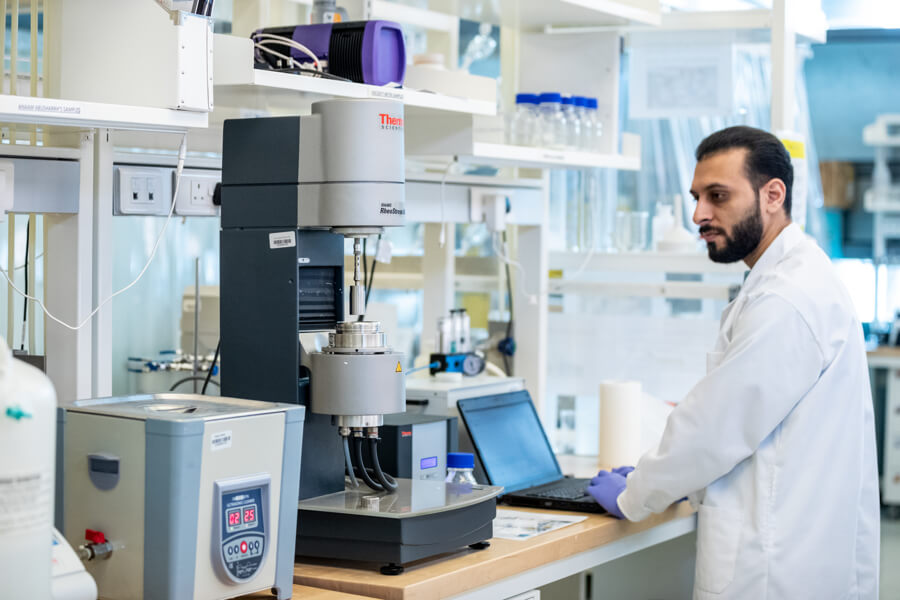The availability of natural fresh water sources is rapidly declining globally as a result of world population growth, lifestyle changes and climate change. Desalination of seawater has increasingly proven to be a practical, and in many cases only, solution for many countries around the globe, particularly in the Middle East and North Africa (MENA) region. Reliance on desalination for potable water supply in some Gulf Cooperation Council (GCC) countries has grown so much, it now constitutes more than 90% of total potable water supply in most of GCC countries.
In fact, over the last 20 years, the total global desalination capacity has increased by more than 1500%. This tremendous growth was catalyzed by a plethora of innovations that helped improve the energy efficiency and cut the cost of desalination. These include new membranes, energy recovery devices and effective membrane-based pre-treatment technologies, just to name few examples. The United Arab Emirates (UAE), like all GCC countries, has resorted to non-traditional water resources, including desalination and wastewater reclamation. However, the sustainable provision of potable water through desalination and the treatment of industrial and domestic wastewater effluents is still a significant challenge, both for the UAE and globally.
To face its growing water scarcity challenges, there is a dire need to develop and implement long-term, sustainable, well-coordinated and integrated home-grown technical capacity in water and membrane technologies, which are resilient, energy-efficient, environment-friendly and cost effective.
The central mission of this center is to support that. The core center team consists of professors from several engineering disciplines. The team works in a coordinated manner to execute a number of interrelated research projects. CMAT creates a viable ecosystem for relevant technology development and intellectual property transfer at KU, driving interdisciplinary novel membrane and water technologies research. CMAT works closely with concerned UAE government bodies and local and regional stakeholders in the water sector, including the water industry and the public utilities providers. It also fosters a network of international collaborations.
